The restaurant has a space of 160 square meters with about 40 hammocks for guests to lie down or take a nap. The service price is quite affordable, charging a car costs 8,000 - 16,000 VND and soft drinks range from 17,000 - 20,000 VND, instant noodles cost 5,000 VND. Hammock lying, phone charging, showering and cleaning services are free.
This has been Mr. Bao’s usual noon stop for over a month now. The man lives in Binh Duong and goes to Ho Chi Minh City every day to drive a motorbike taxi. Three months ago, he switched to an electric vehicle, so he often has to stop by a friend’s house to charge his phone or find a coffee shop that rents an outlet for about 20,000 VND. But finding a place that allows charging is not easy.
In mid-June, he discovered a coffee shop that doubles as an electric vehicle charging station and stopped by. “It fits the income of a tech driver,” he said. “I no longer have to drive around looking for a charging station.”
At noon on July 22, around Mr. Bao, about 20 drivers and delivery people were taking a lunch break. The charging area can accommodate up to 26 vehicles, each full charge takes three hours, they take turns using and lying in hammocks to rest.
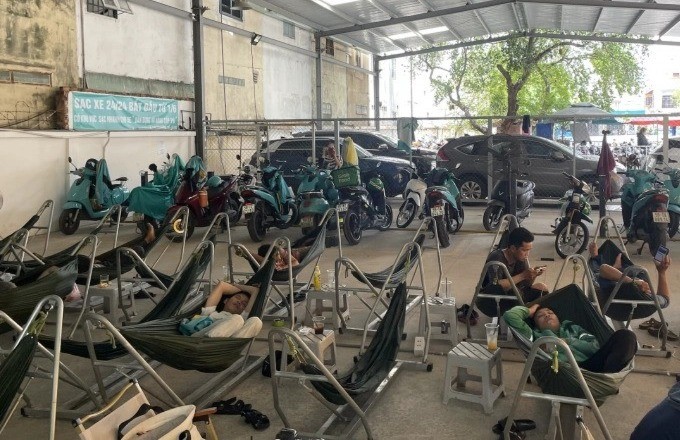
More and more drivers are choosing coffee shops that combine charging stations like Mr. Bao. A survey in Ho Chi Minh City shows that this model appeared in mid-2024 and has flourished in recent months. Currently, there are about 20 shops in Ho Chi Minh City, concentrated in Binh Tri Dong A, An Nhon, Binh Thanh, Phu Dinh wards, Binh Hung and Binh Chanh communes.
This model mainly serves drivers and delivery people, providing charging places, resting places, showers, toilets, some places with electric motorbike repair and maintenance services.
Mr. Tran Anh Thanh, 30 years old, founder of the 3T coffee-charging station chain in Ho Chi Minh City, said that the model was born from the actual needs of users. In April 2024, he opened the first station, welcoming 70-100 customers per day. After 14 months, he opened four more stations, the number of customers increased by 30-40% and is preparing to open the 5th location.
Depending on the size of the shop, each location has about 15-20 charging spots, so drivers can take turns using them and serve themselves. In addition, the shop also offers a monthly service package for 650,000 VND, including overnight parking and charging. In the near future, the unit will deploy additional charging and home delivery services within a 7 km radius.
Most guests choose to go to the station because the electricity and facilities at the motel are not enough. Mr. Thanh's 3T stations all have technicians to support, install the power station system, fire prevention and fighting, and handle emergency situations.
According to him, Ho Chi Minh City is preparing to complete a master plan to convert all motorbikes of 400,000 technology drivers to electric vehicles, so demand will increase further.
The city is now home to many ride-hailing, delivery, food delivery and two-wheeled delivery platforms. Currently, Xanh SM uses all electric vehicles, while the remaining platforms let drivers choose between gasoline or electric vehicles.
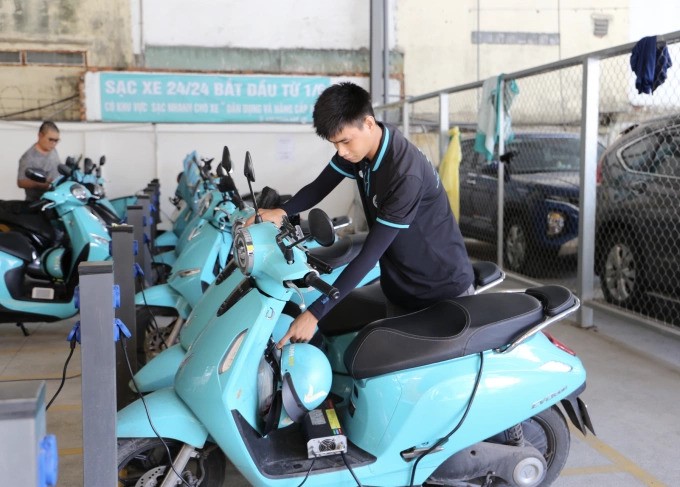
Mr. Tran Trung Hieu, director of the F&B Academy of Business and Management Training, said that the model of combining charging stations with coffee shops is a way to integrate F&B services with practical needs, commonly encountered in the industry.
He believes that the model is suitable for the upcoming trend, when customers can use the service while waiting for their car to charge for two or three hours. Depending on the value orientation, each shop will deploy different forms in addition to providing charging stations. In the context of urban areas promoting the use of electric vehicles, this model increases convenience and reduces the worry of running out of battery while on the move.
Experts say this model could have an advantage in the next few years by responding to market trends and needs. However, sustainability depends on user behavior, whether charging becomes a habit like buying coffee, and how the electric vehicle market develops.
"If you do F&B, the charging station is just additional support, but if you do charging station business, F&B is an accompanying utility. Each model needs its own calculation," said Mr. Hieu.
The “charging stations everywhere” model is very successful in China and has helped many cities switch from gasoline cars to electric cars. For example, in Chengdu city, there is a network of small charging stations, concentrated around convenience stores, grocery stores or electric motorcycle repair shops, helping tens of thousands of electric bicycles and electric motorcycles in Chengdu always have enough energy to operate. These charging stations also contribute to attracting more customers to convenience stores and grocery stores.
Van Anh, 34, a technology driver, said this model is suitable for female drivers. Every day, she drives 12-14 hours, many days she is exhausted so she needs a cheap place to stop. However, many coffee shops limit long stays. Six times a week, she goes to a charging station on Highway 13, Thu Duc City to rest, change clothes, and prepare for the night shift.
"Thanks to these charging station cafes, I feel more secure," said Van Anh.
Source: https://baolaocai.vn/mo-hinh-quan-ca-phe-kiem-tram-sac-xe-dien-post649525.html


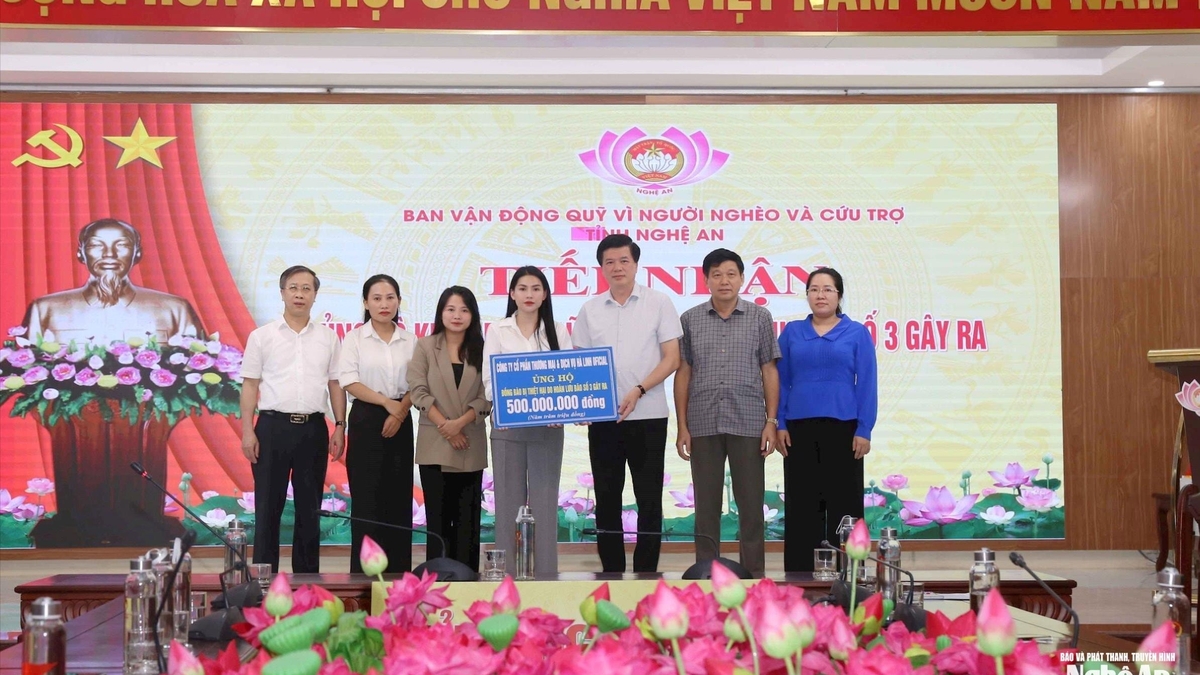

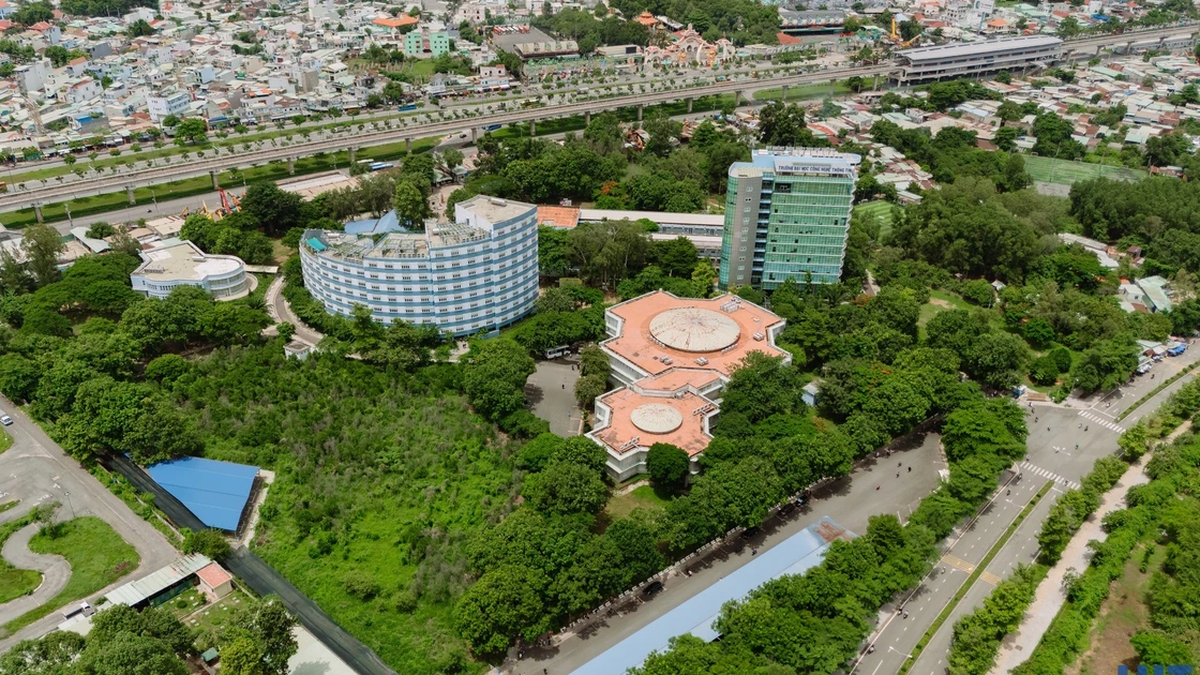



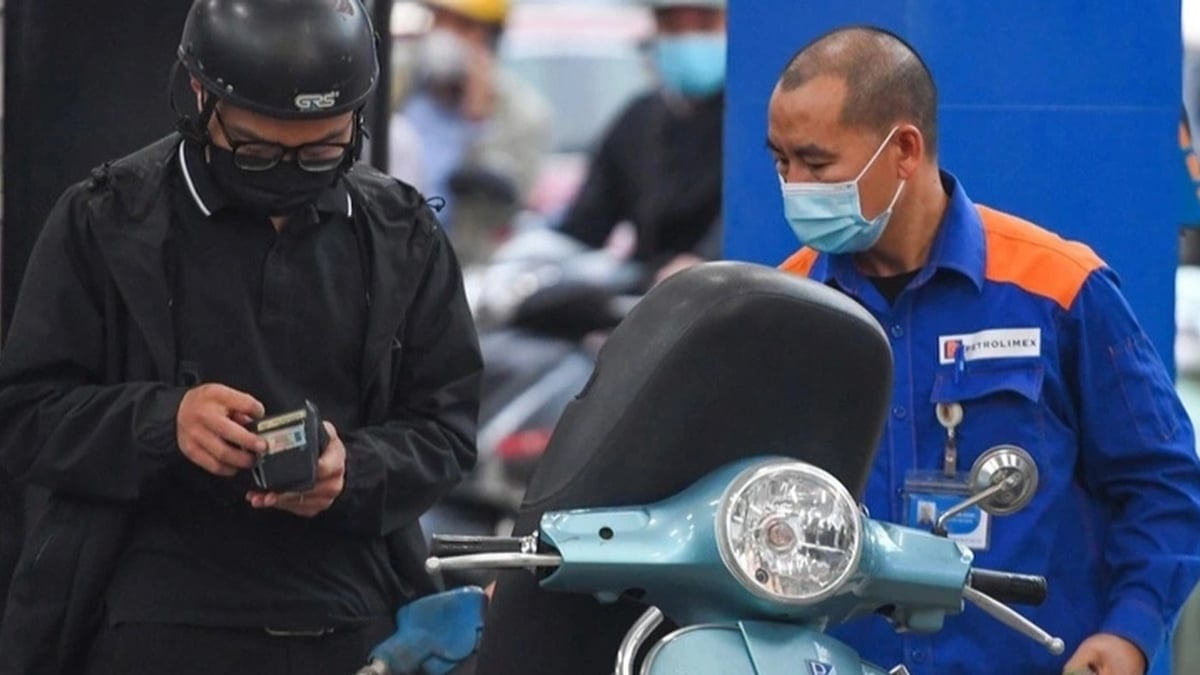






























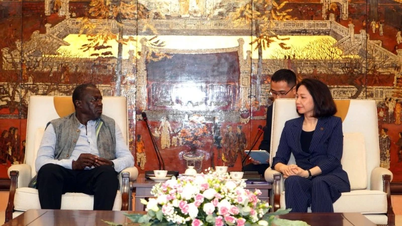


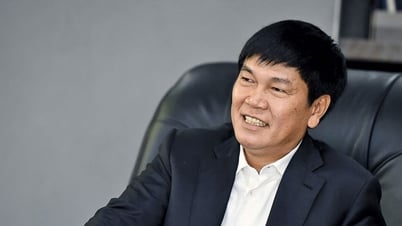

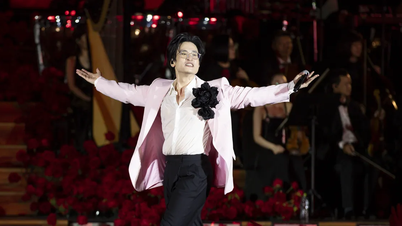







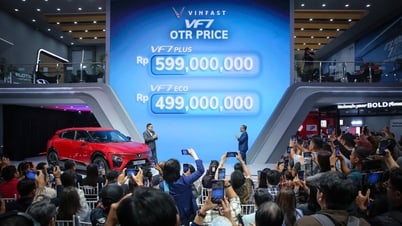

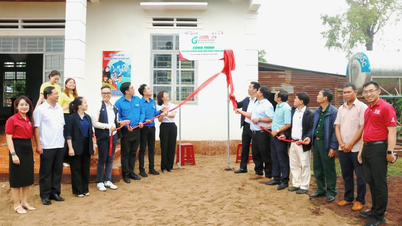

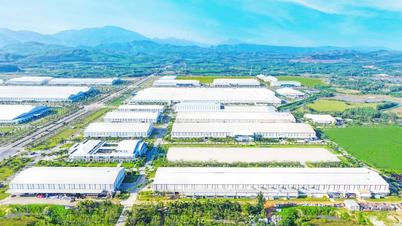
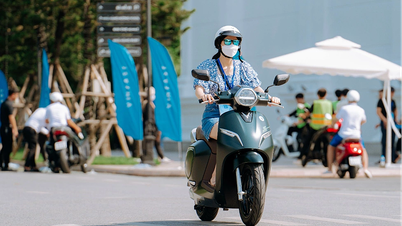



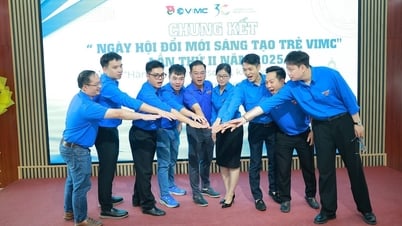




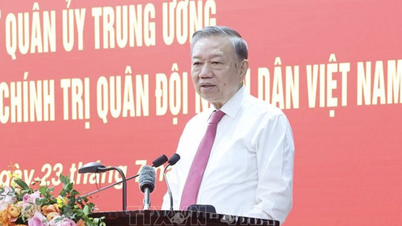








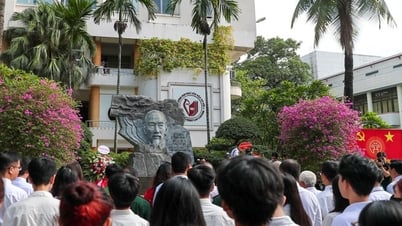

























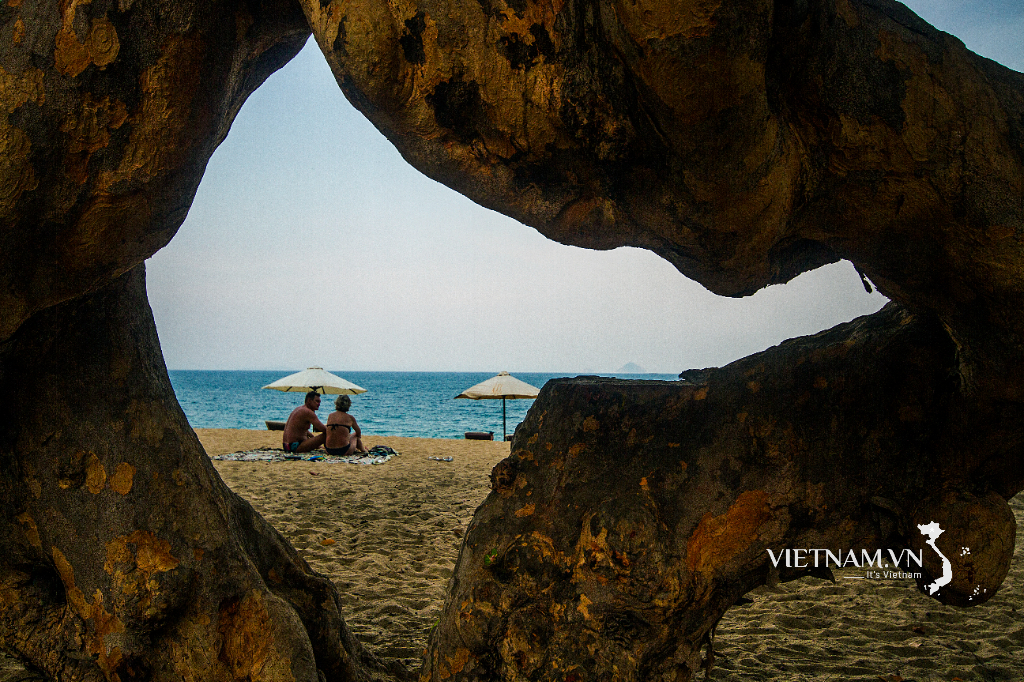

Comment (0)